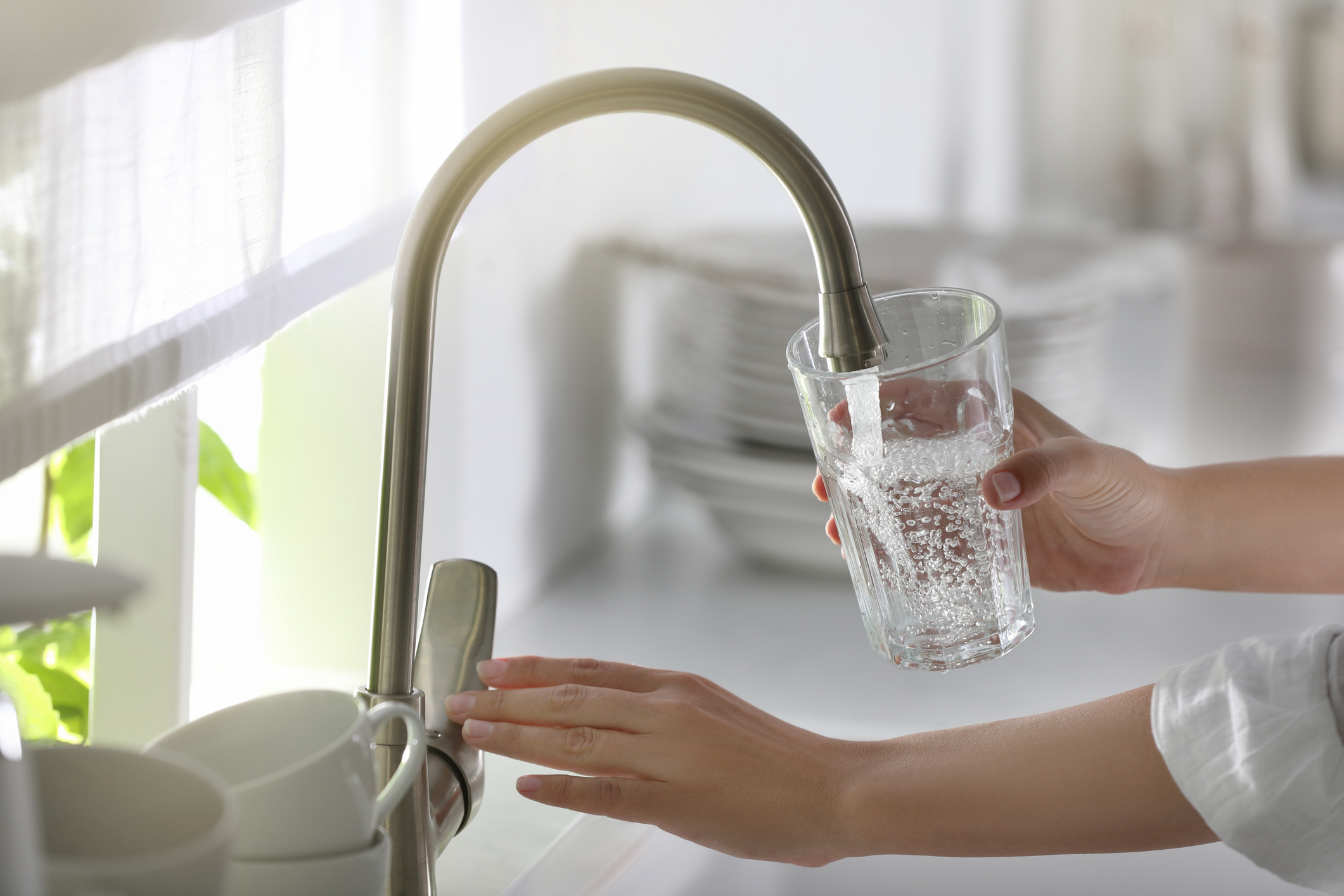Water is life. Fresh water is necessary for human survival because our bodies are made up of about 60 percent water and without it, we can only live a few days. Staying properly hydrated each day can help older adults show fewer signs of aging and may lower their risk of developing chronic illnesses, according to recent research. One of the keys to a longer and healthier life may be as simple as water.
According to a recent CBS News Health report, a new study, published in the journal eBioMedicine (part of The Lancet), links proper hydration with a reduced risk of having the biological markers of an age older than chronological age. People with higher serum sodium levels in their blood, which reflect hydration habits, also had a 21 percent increased risk of early death and well as a 39 percent higher risk of developing chronic diseases.
Researchers used health data from more than 15,700 adults between the ages of 45 and 66, over a period of more than 25 years for their research. Study results suggest that proper hydration may slow down aging and extend a healthy lifespan. People with higher levels of serum sodium, over 142 millimoles, could benefit from taking a look at their fluid intake. Proper hydration can also help the body regulate temperature, keep organs functioning properly, and improve athletic performance.
How Much Water?
Healthy adults who live in temperate climates should aim for between 11 and 15 8-ounce cups of water each day – but keep in mind that hydration can come from other sources than plain water. Fruits, juices, tea, milk and soups all contain water. Symptoms of dehydration include dark-coloured urine and diminished output, dry mouth, fatigue, bad breath or sugar cravings. More serious signs include dizziness, confusion, fainting or heart palpitations.
People who exercise strenuously or who live in hotter climates may need to drink more water to stay properly hydrated. Older adults sometimes lose their sense of thirst and may become more easily dehydrated; seniors sometimes avoid drinking too many fluids if getting to the bathroom is difficult due to reduced mobility. Caregivers may want to offer more fruits like watermelon or strawberries, broths and tea to ensure seniors receive enough fluids throughout the day and help to the toilet if needed.






Add Your Voice
0 Comments
Join the Discussion